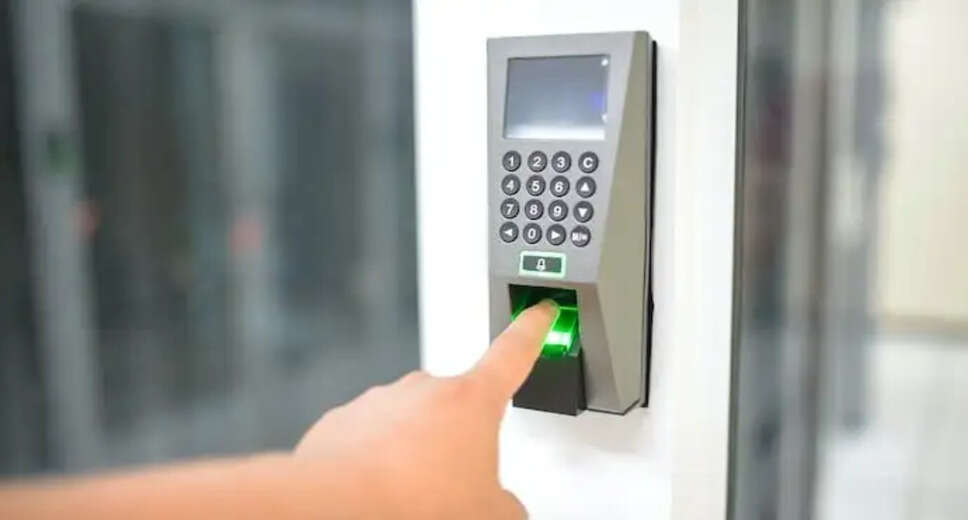NMC stresses need for Aadhaar-based biometric attendance for medical college faculty
The National Medical Commission (NMC) has reinforced the necessity of integrating an Aadhaar-enabled biometric attendance system (AEBAS) for faculty members in medical colleges to counter the issue of "ghost faculty." This directive follows the decision by the Post Graduate Medical Education Board to implement a Standard Operating Procedure (SOP) immediately for assessing the examination process.

The National Medical Commission (NMC) has reinforced the necessity of integrating an Aadhaar-enabled biometric attendance system (AEBAS) for faculty members in medical colleges to counter the issue of "ghost faculty." This directive follows the decision by the Post Graduate Medical Education Board to implement a Standard Operating Procedure (SOP) immediately for assessing the examination process.

Eradicating Fictitious Faculty
To combat the presence of fictitious faculty members in medical institutions, the NMC has consistently advocated for the Aadhaar-linked biometric attendance system. Emphasizing its significance prior to inspections, the NMC has been urging medical colleges to adopt AEBAS.
Standardizing Processes and Curbing Irregularities
The Commission recently introduced guidelines from the Medical Assessment and Rating Board, aimed at standardizing procedures for establishing new medical colleges or enhancing existing capacities. These guidelines, slated for enforcement in the upcoming academic year, address concerns such as ghost faculty and intend to streamline operations in medical education institutions.
Transparency Through Attendance Monitoring
As per the released guidelines, daily AEBAS records of essential staff, including faculty, residents, and support personnel, preferably with facial recognition, must be accessible to the NMC. Additionally, these records are expected to be publicly displayed on the respective medical college websites through a daily attendance dashboard.
In conjunction with these directives, the Post Graduate Medical Education Board has introduced an SOP for immediate implementation. This SOP evaluates the examination process during inspections for course recognition, increased intake, or renewal of qualification course recognition.

Altered Examination Assessment Methods
Medical colleges must now conduct examinations as per the guidelines stipulated in the PGMER (Post Graduate Medical Education Regulations) in force. Video records of the examination process, encompassing examiners, procedures, case details, and students' theses, are mandated.
The shift in inspection methodologies indicates a move away from physical or online inspections of examination processes. Instead, universities will conduct examinations according to their schedules, with subsequent physical assessments of medical colleges occurring post-examination. These assessments will focus on infrastructure, clinical and investigative materials, and other facilities specified in the guidelines.
